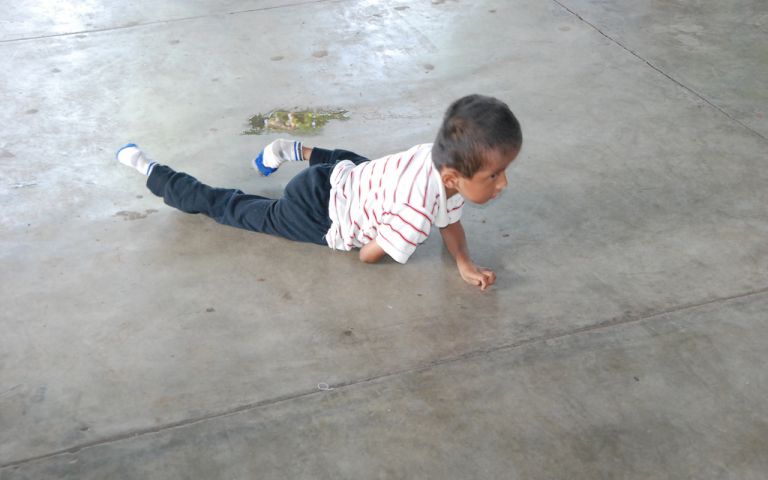Twenty million people worldwide are completely immobile; they are forced day after day to crawl on their hands and knees as that is their only way to get around. In poor countries, wheelchairs don't work because they cannot navigate through jungles or rocky roads. In other cases, mothers, fathers, brothers and sisters carry family members who cannot get around on their own.
In 1995, an organization called the P.E.T. project or Personal Energy Transportation, formed out of a one-stall garage in Mid-Missouri hoping to give new life to these people in need. Today, nearly 15 years later, their work is making a difference worldwide. PETs have been distributed to more than 80 countries, and distributors are now located throughout the United States. Still, the need is great, and their message has not been heard on a national level.
This documentary series explores the plight of the immobile in Guatemala, which is home to a population so large and hidden that it is extremely difficult to even count them. Some have never even left the front steps of their own home. Today, thousands of people worldwide are working to help these disabled individuals find their voice.
To learn more, visit The Culture that Crawls
Alex Rozier was one of five winners of the 2010 Pulitzer Center YouTube Project Report contest.



